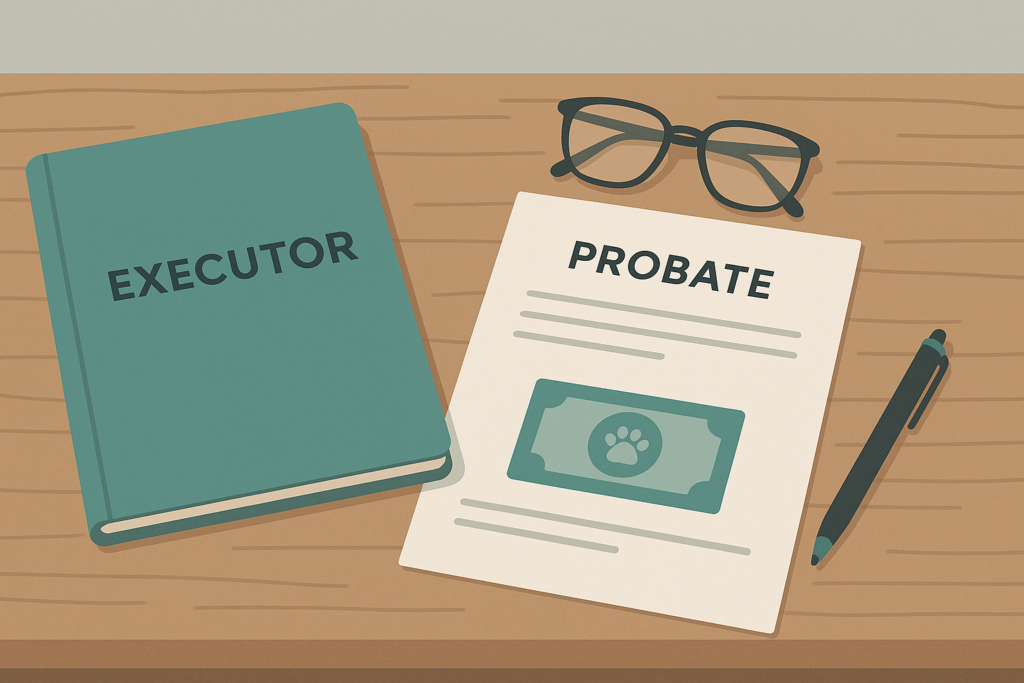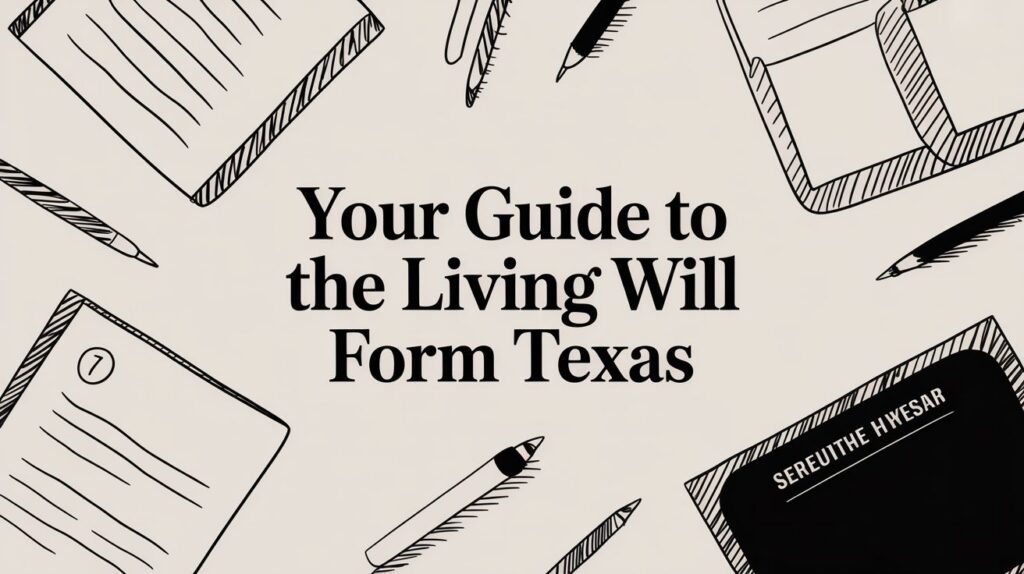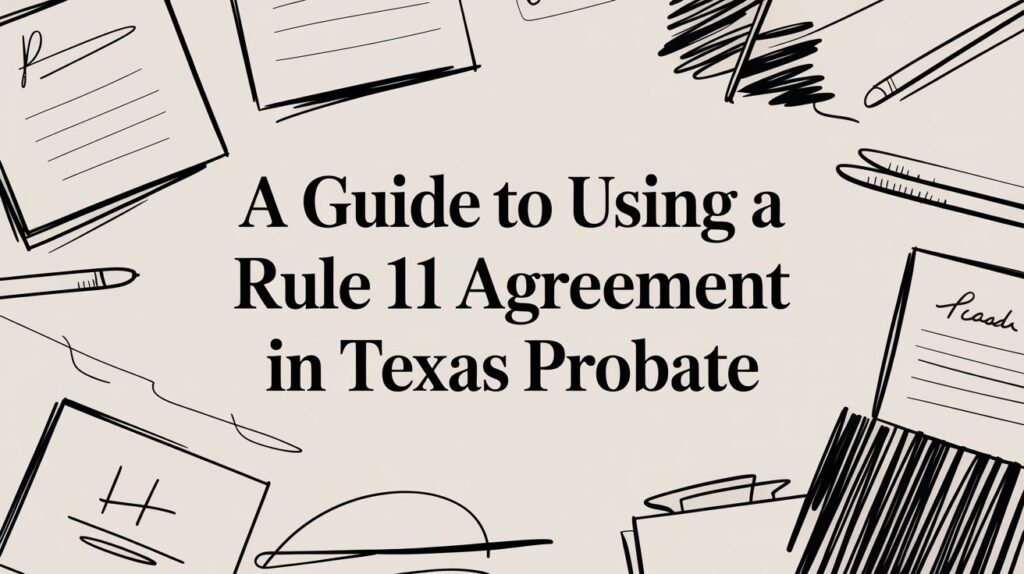Inheritance can be both a blessing and a burden in Texas. Families often picture a smooth transfer of property, but reality sometimes looks different. One sibling wants to keep the family ranch. Another wants cash from their share. A third lives out of state and just wants to be done with the hassle. When heirs cannot agree, disputes quickly land in court, where the question becomes: can a Texas judge actually force the sale of inherited property? The answer is yes—under certain circumstances. But how, when, and why it happens is more complex than many families realize.
This article takes a closer look at the legal framework behind inherited property disputes in Texas, the partition process, and how courts balance fairness with family conflict. If you are an heir, executor, or family member caught in the middle, understanding these rules is crucial before emotions boil over into legal action.
How Inherited Property Gets Shared in Texas

When someone dies in Texas owning real estate, the property does not always transfer neatly to one person. If there is a will, it may split ownership among multiple beneficiaries. If there is no will, Texas intestacy laws decide how the property gets divided among surviving spouses, children, or other relatives.
Unlike money in a bank account, real estate cannot always be physically divided. That means several heirs may end up as co-owners of the same property, each holding what is called an “undivided interest.” On paper, every heir owns a share, but no one has a specific corner of the land or designated room in the house. This arrangement is a breeding ground for disputes, because co-ownership requires agreement on how to manage, use, or sell the property.
When heirs cannot agree, the law provides a remedy: partition. And in Texas, partition can ultimately lead to a forced sale.
Partition of Property: The Legal Tool Courts Use
Partition is the legal process used when co-owners of property cannot resolve their differences. In Texas, any co-owner—even one holding the smallest percentage—can file a lawsuit asking the court to divide the property.
There are two types of partition recognized under Texas law:
- Partition in kind: The court physically divides the land into separate tracts and gives each heir a portion equal to their ownership interest. This works best for large parcels of land but is nearly impossible for single-family homes or properties where division would significantly lower value.
- Partition by sale: If dividing the property is not practical, the court can order the entire property sold, with the proceeds split among the heirs according to their ownership shares. This is the step that often feels like a forced sale.
Texas courts lean toward partition in kind when possible, since it preserves ownership. But in many cases, particularly urban homes or properties tied to sentimental family history, a partition in kind simply does not work. That is when a judge may step in to order a sale.
Why Judges Order Sales of Inherited Property

Judges do not force sales lightly. Courts prefer to honor family ownership, but they also cannot let disputes drag on forever. Several common situations push judges toward ordering a sale:
- The property cannot be divided fairly: A single-family home, lake house, or small business property cannot be split without destroying its value.
- One heir refuses to cooperate: If one or more heirs block reasonable attempts at buyouts or compromise, the court may intervene.
- Maintenance and costs are piling up: Taxes, insurance, and upkeep on inherited property can become a burden. If co-owners cannot agree on how to share costs, courts may see sale as the most practical solution.
- Disputes have become unmanageable: Family conflicts often escalate to the point where the property itself becomes the battleground. Courts order sales to bring closure and avoid endless litigation.
In these cases, the law prioritizes practicality over emotion. Even if some heirs want to keep the property, they may not be able to stop the sale once the court rules it is the fairest outcome.
The Uniform Partition of Heirs Property Act in Texas
In 2017, Texas adopted the Uniform Partition of Heirs Property Act (UPHPA). This law was designed to address common disputes in inherited property, especially situations where heirs’ property gets forced into quick sales that strip families of valuable assets.
Under this law, when heirs’ property is at issue, the court must take extra steps before ordering a sale:
- The property is appraised by an independent professional.
- Co-owners who want to keep the property get the chance to buy out the others at fair market value.
- If a sale becomes necessary, the court must ensure the sale is open and fair, often requiring public listing rather than courthouse auctions that undervalue property.
This law gives families a better chance to preserve their inheritance if some members are willing and able to pay their share. However, if no one can afford to buy out the others, the court will still order a sale.
Practical Outcomes for Texas Families
In real life, these disputes often look less like courtroom drama and more like slow-building frustration. One heir pays property taxes year after year while another refuses to contribute. A sibling living in the house resists selling while the others want their share of the value. Or an inherited ranch sits unused because no one can agree how to manage it.
In these scenarios, the court’s power to order a sale becomes a last resort. While painful, it ensures that property value does not get wasted and that heirs eventually receive their share.
Families facing this problem often explore alternatives before litigation. These include:
- Voluntary buyouts: One or more heirs purchase the shares of those who want cash.
- Co-ownership agreements: Written agreements spell out how the property will be used, maintained, and eventually sold.
- Mediation: A neutral third party helps the heirs reach a compromise before court action.
These strategies can preserve both family relationships and the property itself, but they require cooperation. When that fails, the judge steps in.
The Emotional Toll of Forced Sales
Beyond the legal mechanics, forced sales often hit families hard. A family ranch, home, or farm may hold generations of history. Being told by a court that it must be sold can feel like losing more than property. It feels like losing identity, tradition, and connection.
Judges recognize this, but they cannot resolve emotional wounds. Their job is to apply the law fairly. For families, the best path is often to face these issues early, communicate openly, and seek agreements before conflict reaches the courthouse.
Protecting Against Forced Sales in Estate Planning

The best way to avoid court-ordered sales is through careful estate planning. Texans who want to keep property in the family can use tools such as:
- Wills that designate specific heirs for real estate rather than splitting ownership
- Trusts that place property under management with clear rules
- Buy-sell agreements funded by life insurance to ensure heirs who want cash can be paid
By addressing the issue before death, property owners can spare their heirs from costly disputes and painful sales later.
Conclusion
So, can a judge force the sale of inherited property in Texas? Yes—if co-owners cannot agree and division of the property is not practical, the court has the authority to order a sale. Thanks to the Uniform Partition of Heirs Property Act, heirs now have more protections and buyout opportunities, but ultimately the law values fairness and efficiency over sentiment.
For families, the key takeaway is that inherited property disputes are preventable but only through planning and cooperation. Waiting until conflicts erupt often leaves judges with little choice but to order a sale. By understanding these rules and seeking legal guidance early, families can preserve not just their inheritance but also their peace.








